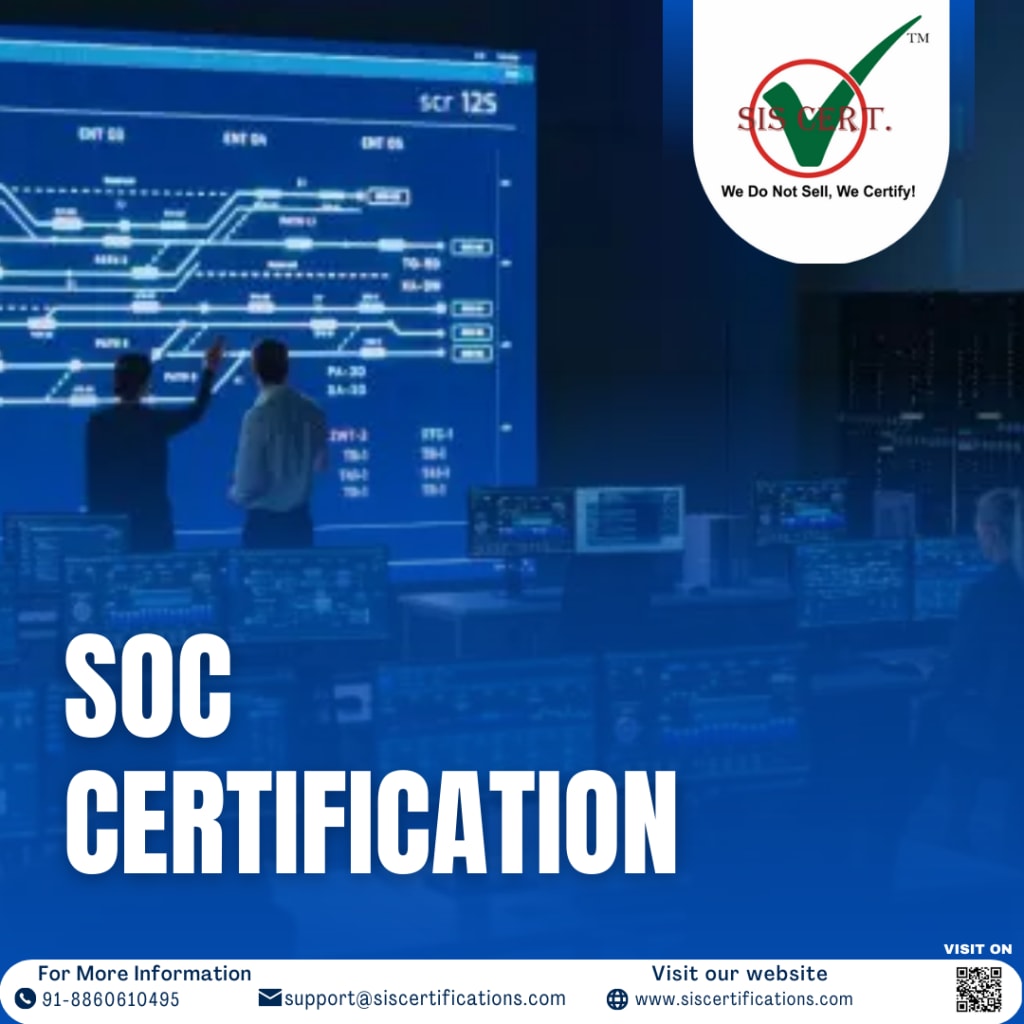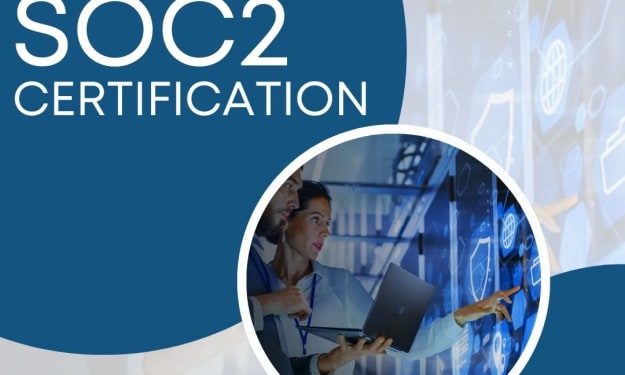Demystifying SOC 3 Certification: Enhancing Trust in the Digital Age
Navigating the Realm of Cybersecurity Compliance and Transparency

In today's interconnected digital landscape, the exchange of sensitive information between organizations and their clients has become more prevalent than ever. As the demand for cloud-based services, data storage, and digital transactions continues to rise, the need for stringent security measures and transparent communication is paramount. Enter SOC 3 Certification – a key player in fostering trust and assurance in the realm of cybersecurity and data protection. In this blog post, we'll dive into the world of SOC 3 Certification, understanding its significance, benefits, and how it contributes to a safer digital environment.
Unveiling SOC 3 Certification
SOC 3, short for Service Organization Control 3, is a certification issued by the American Institute of Certified Public Accountants (AICPA) that demonstrates an organization's commitment to data security, privacy, and operational controls. Unlike its counterparts, SOC 1 and SOC 2, which provide detailed reports to be shared with specific stakeholders, SOC 3 Certification is designed for public consumption. It allows organizations to share their commitment to security practices and controls with a wider audience, including customers, business partners, and the general public.
The Key Components of SOC 3 Certification
Trust Principles: SOC 3 reports are centered around five trust principles – Security, Availability, Processing Integrity, Confidentiality, and Privacy. These principles serve as the foundation for evaluating the effectiveness of an organization's controls in ensuring the security and privacy of data, as well as the reliability and availability of their services.
Transparency and Accessibility: One of the standout features of SOC 3 Certification is its accessibility to a broader audience. Organizations that achieve SOC 3 Certification can display the SOC 3 seal on their website or marketing materials, signifying their commitment to maintaining a robust control environment. This transparency helps build trust with customers and stakeholders by demonstrating that the organization's operations meet stringent security and privacy standards.
Independent Audits: To attain SOC 3 Certification, organizations must undergo a comprehensive audit conducted by an independent CPA (Certified Public Accountant) firm. This audit evaluates the organization's controls, policies, and procedures to ensure they align with the established trust principles. The resulting report provides an unbiased assessment of the organization's security and privacy posture.
The Benefits of SOC 3 Certification
Enhanced Trust: In an era where data breaches and cyber threats are on the rise, SOC 3 Certification acts as a badge of honor, showcasing an organization's commitment to safeguarding customer data and maintaining a secure digital environment.
Competitive Advantage: SOC 3 Certification can provide a distinct competitive advantage by differentiating a business from its competitors. It demonstrates to potential clients and partners that the organization takes data security and privacy seriously, fostering confidence in their services.
Streamlined Compliance: SOC 3 Certification aligns with industry standards and regulations, helping organizations streamline their compliance efforts. It can serve as evidence of meeting specific data protection requirements, saving time and resources during client audits.
Stakeholder Confidence: Sharing the SOC 3 report with stakeholders can instill confidence in the organization's security practices, making it an attractive choice for clients and partners seeking trustworthy service providers.
The Road to SOC 3 Certification
Achieving SOC 3 Certification is a journey that involves meticulous planning, rigorous assessments, and a genuine commitment to data security and privacy. Organizations aspiring to obtain this certification should follow these essential steps:
Assessment Readiness: Conduct an internal assessment to identify gaps in current controls and processes. This self-assessment provides a starting point for aligning practices with the trust principles.
Engage an Independent Auditor: Select a reputable CPA firm with experience in SOC audits. The chosen auditor will perform a thorough evaluation of controls, policies, and procedures.
Implement Controls: Strengthen existing controls and establish new ones based on the auditor's recommendations and the defined trust principles.
Audit Process: Undergo the SOC 3 audit, during which the auditor examines the organization's controls and assesses their effectiveness. This process involves document reviews, interviews, and testing.
Obtain Certification: Upon successful completion of the audit, the organization receives a SOC 3 report and can display the SOC 3 seal to showcase their achievement.
Conclusion
In an age where digital trust is a cornerstone of successful business relationships, SOC 3 Certification shines as a beacon of assurance and transparency. By adhering to the established trust principles and undergoing rigorous independent audits, organizations can demonstrate their dedication to safeguarding data, enhancing stakeholder confidence, and gaining a competitive edge in an increasingly security-conscious world. As technology continues to evolve, SOC 3 Certification stands as a testament to an organization's commitment to maintaining the highest standards of cybersecurity and data protection.





Comments
There are no comments for this story
Be the first to respond and start the conversation.